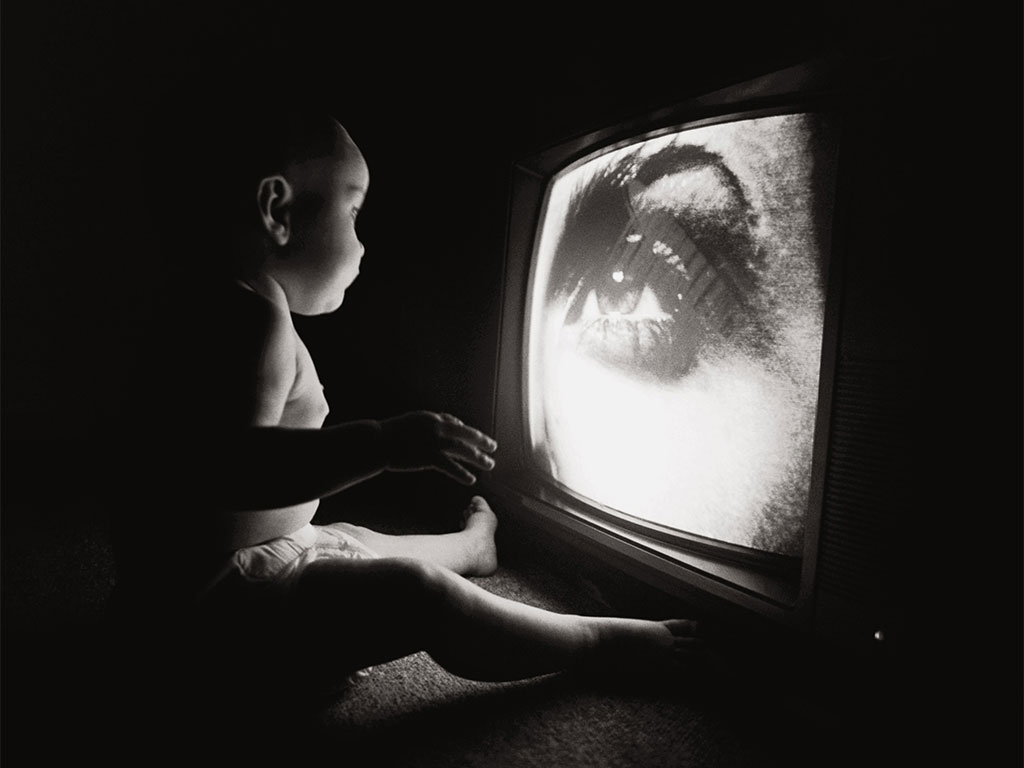Vizio caught spying on customers
Smart TV maker Vizio will pay out $2.2m after it was caught collecting data on viewers without permission and selling information to third parties

By collecting and selling data without express permission, Vizio was held to have breached customer privacy
The feeling of being watched in your own home might not be mere paranoia. Smart TV maker Vizio has been caught spying on its users and will pay $2.2m to settle a case against it. Not only were Vizio smart TVs tracking users’ viewing habits without permission, but the company was also selling this information to third parties.
As reported by Ars Technica, a complaint filed by the US Federal Trade Commission stated that Vizio smart TVs contained automated content recognition (ACR) software that captured detailed information about what was being viewed on-screen, down to a second-by-second basis. This, along with other personal information, was transmitted to Vizio-operated servers and then sold to third-party organisations. This was all done without the express permission of Vizio TV owners.
Old TVs that did not ship with the software received an update to include it, with new TVs having it pre-installed
“The ACR programme never paired viewing data with personally identifiable information such as name or contact information, and the Commission did not allege or contend otherwise”, Vizio said in a statement. “Instead, as the complaint notes, the practices challenged by the government related only to the use of viewing data in the ‘aggregate’ to create summary reports measuring viewing audiences or behaviours.”
The software had been included in the company’s smart TVs since February 2014. Old TVs that did not originally ship with the software received an update to include it, with new TVs having the software pre-installed. The company has since updated its TV with on-screen notifications about the ACR software that includes prompts to turn it off.
As more devices are connected to the internet, consumers are questioning when data collected constitutes an invasion of privacy. But for the companies behind these devices, this is a treasure-trove of information that can be used to gain an edge over competitors.
In the case of TVs, this is especially important, as traditional networks are struggling to understand what people are watching outside of broadcast TV. Consumer analytics company Nielsen, which has traditionally dominated the TV ratings industry, has been forced to adapt in order to track what people are watching through streaming services. However, smart TV manufactures, having direct access to the screen, can collect information directly. But however anonymised this information may be, the thought of a TV watching back is unconformable for many privacy advocates.













